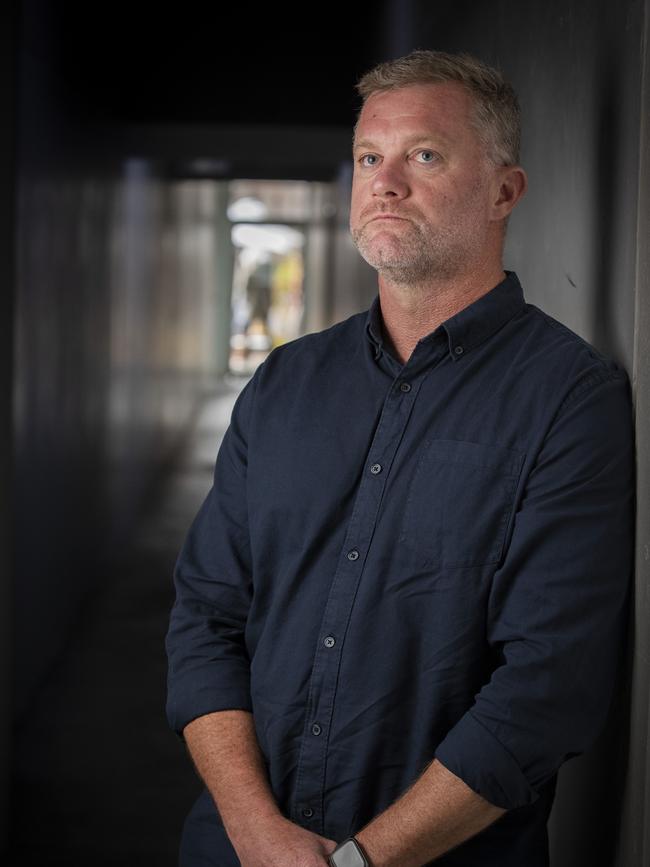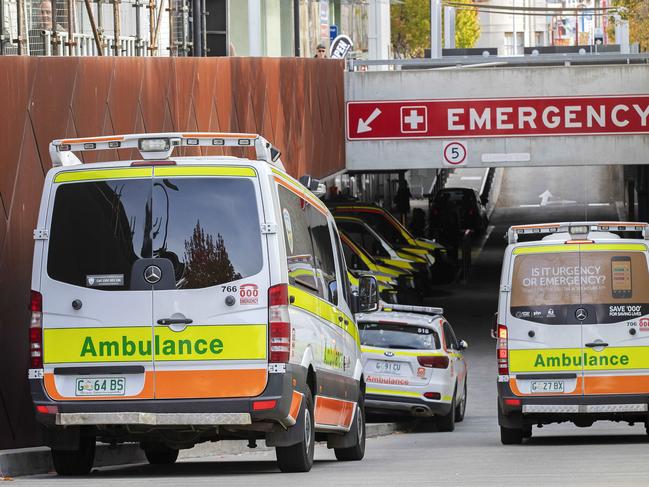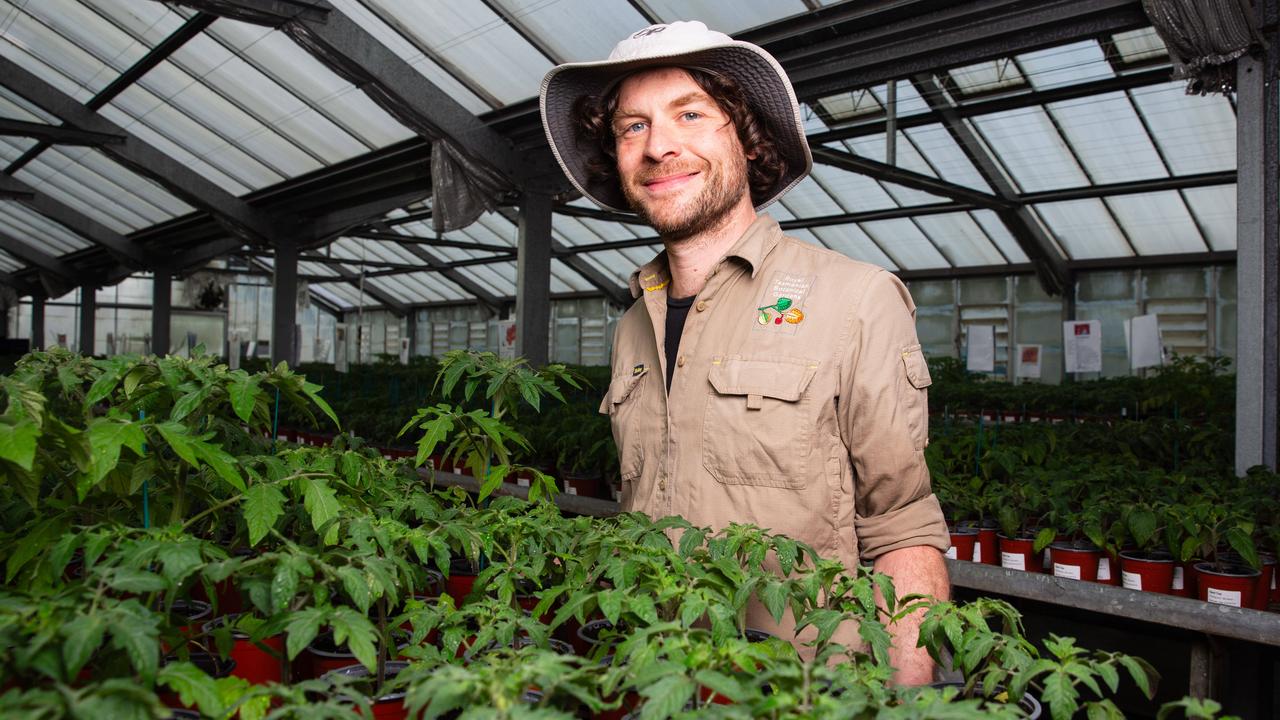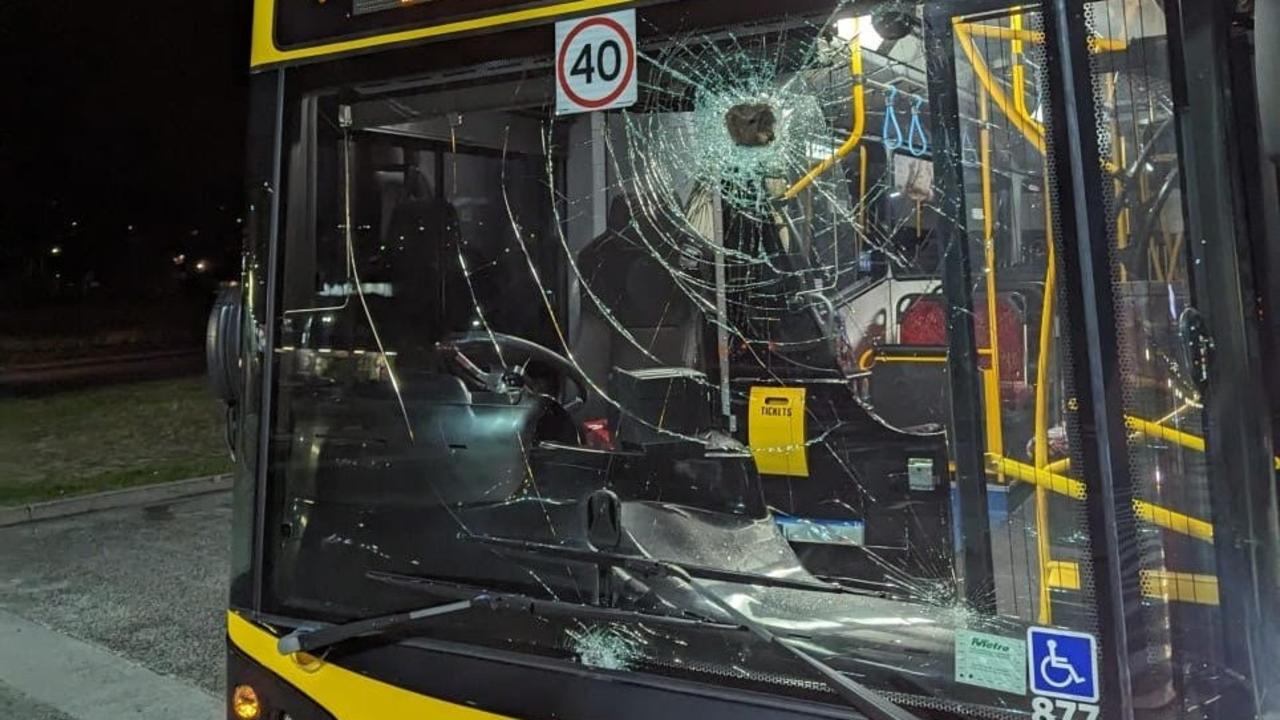‘It’s getting worse’: Ambulance deployment supervisor comes forward over chronic understaffing
“You just feel so helpless. They call you because they need you, and you let them down.” An ambulance deployment supervisor reveals the impacts of chronic understaffing.

Tasmania
Don't miss out on the headlines from Tasmania. Followed categories will be added to My News.
Frank McDonald can’t count the number of times he’s told patients in an emergency over the phone “there is no ambulance coming” to help them.
The Ambulance Tasmania deployment supervisor and paramedic of 16 years said he felt he had “an absolute mental breakdown” last year due to critical staff shortages within the organisation.
Mr McDonald, who said working for Ambulance Tasmania’s state communication centre was far more stressful than life out on the road as a paramedic, said it was “really distressing” telling patients that help could be hours away.

He said in one instance, a patient in Tasmania waited some 27 hours before an ambulance arrived.
“You just feel so helpless. They call you because they need you, and you let them down,” he said.
Earlier this month, the Mercury published a story after the Tasmanian Civil and Administrative Tribunal found a worker suffered a workplace-related mental health injury caused by “critical staff shortages” in the state’s health system.
Mr McDonald has now come forward, identifying himself as the worker in question.
He said he felt he had to – because the communication centre’s attempts over years to raise its staffing levels had simply “fallen on deaf ears”, with dire consequences for the Tasmanian community.
Mr McDonald is now back in his role part-time after four months off on workers’ compensation – and said nothing had changed.
He also said six of his colleagues in the same role had simply quit over the past three years due to the profound stresses of chronic understaffing.
“The deployment supervisor role is extreme really, and it’s getting worse. We often hear the issues that exist within Ambulance Tasmania from a paramedic’s perspective … and there’s always articles about ramping,” he said.
“But having been a part of both sides of the road, in the communication centre, we have been advocating, pleading for help for a long time and we’re just not getting it.”
Mr McDonald explained some of the problems in the communications centre were complex and that his role involved far more than the deployment of paramedics and ambulances to people at critical need.

He said the role often included four jobs in one, including sometimes taking on the duties of a clinical nurse specialist, to make decisions on the movements of patients from ambulances to treatment.
He explained the job also involved secondary triage, moving non-critical patients out of the ambulance system – plus dealing with everything from bed blocking in the state’s hospitals to ambulance vehicle breakdowns.
Mr McDonald said between 10 to 12 additional staff members were needed immediately in the communications centre in order to continue providing a 24/7 service to Tasmanians.
He said he had considered going back to life as a paramedic to reduce his stress load, but he couldn’t “just walk past” the problems his team was facing.
“These are my friends and colleagues – I have to step forward,” he said.
Michelle Baxter, Ambulance Tasmania’s operations executive director, said recruitment was currently underway for a number of positions in the state communication centre including for extra emergency call takers, emergency dispatchers, and an operations manager.
She said training and recruitment strategies were being put in place to provide flexibility in shift coverages for deployment supervisors.
Ms Baxter said Ambulance Tasmania also provided a range of “proactive and integrated support services” to maintain and improve the wellbeing of all staff and volunteers, including access to experts like psychologists, social workers and grief therapists.
More Coverage
Originally published as ‘It’s getting worse’: Ambulance deployment supervisor comes forward over chronic understaffing





